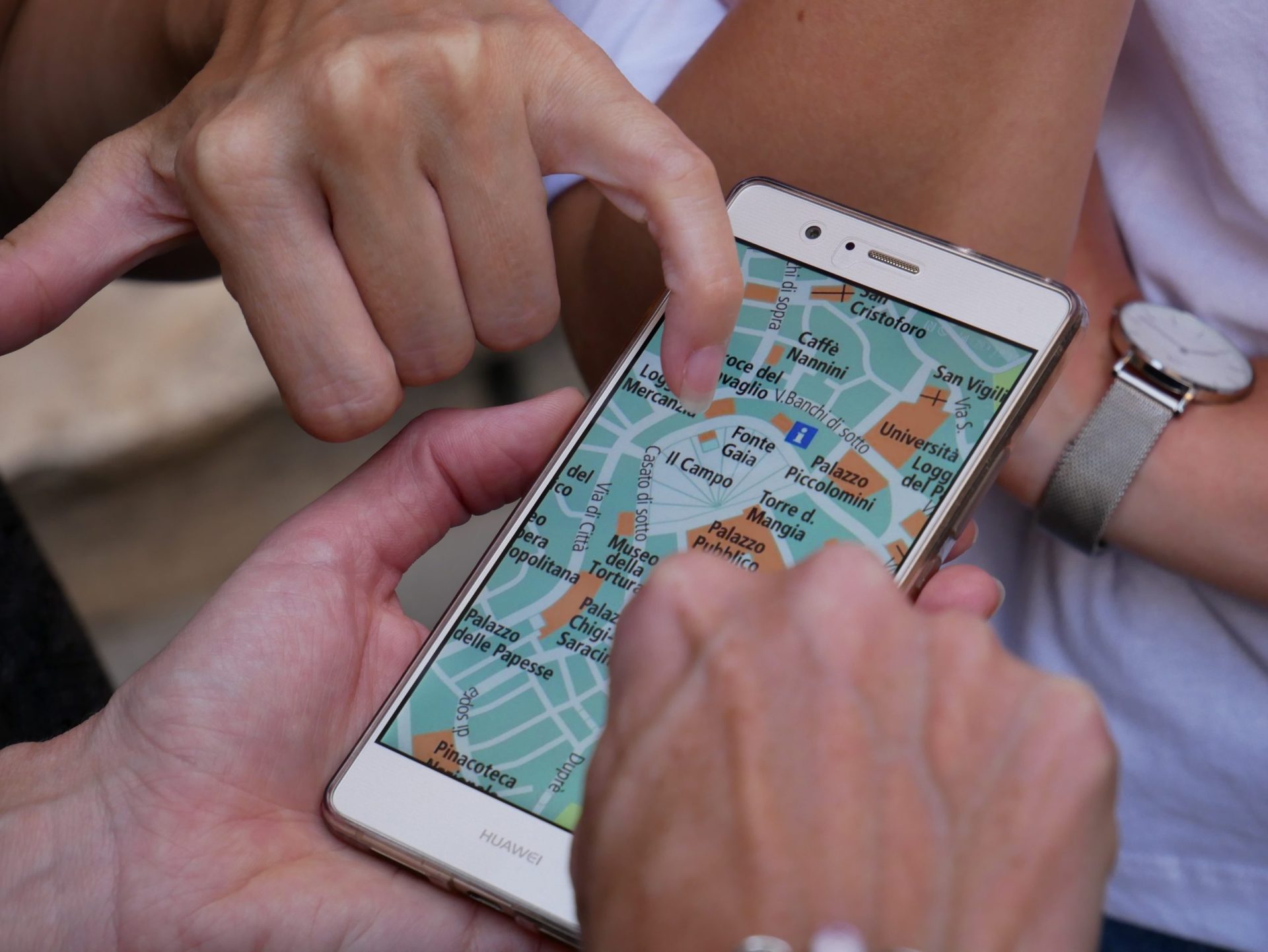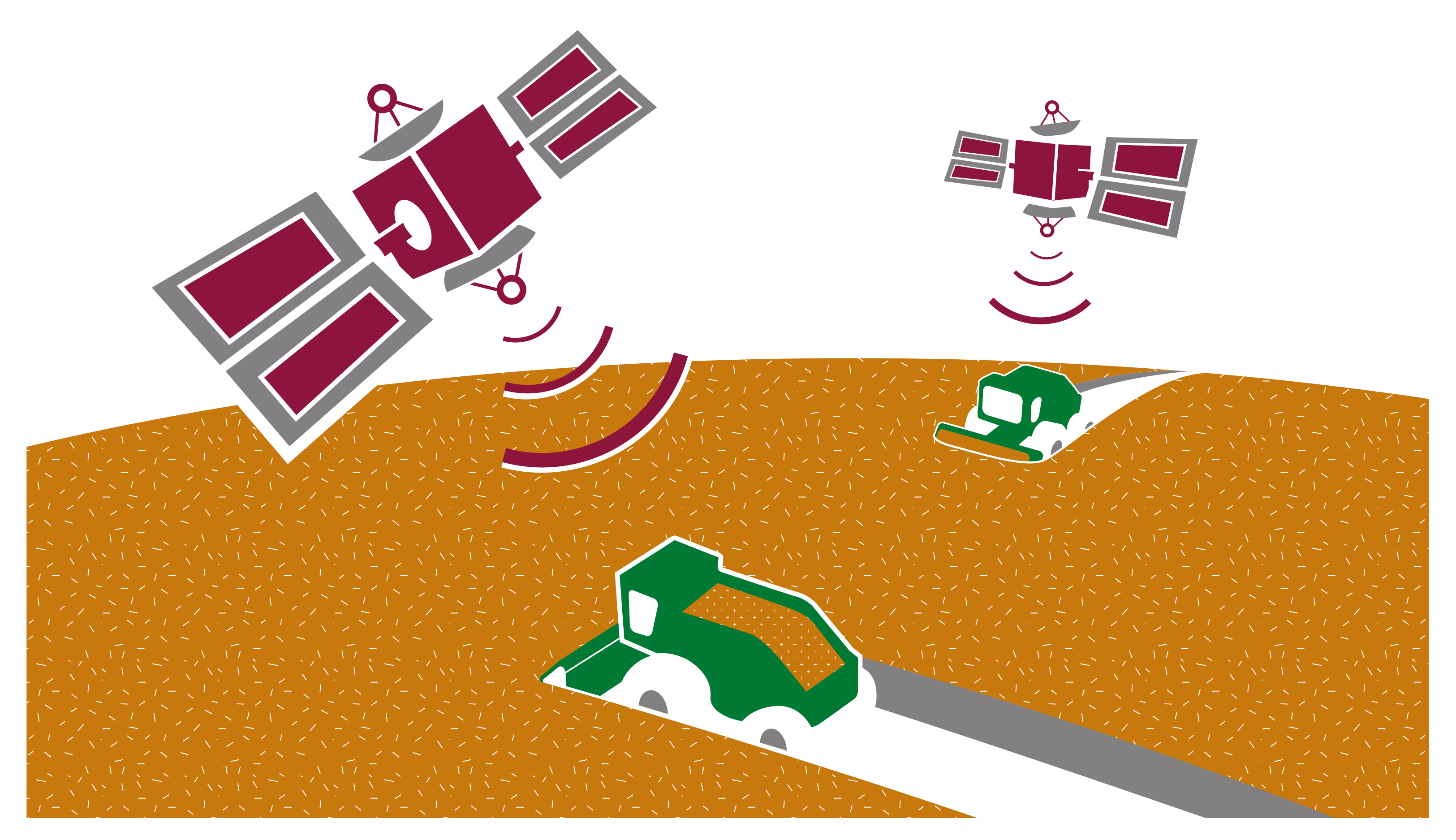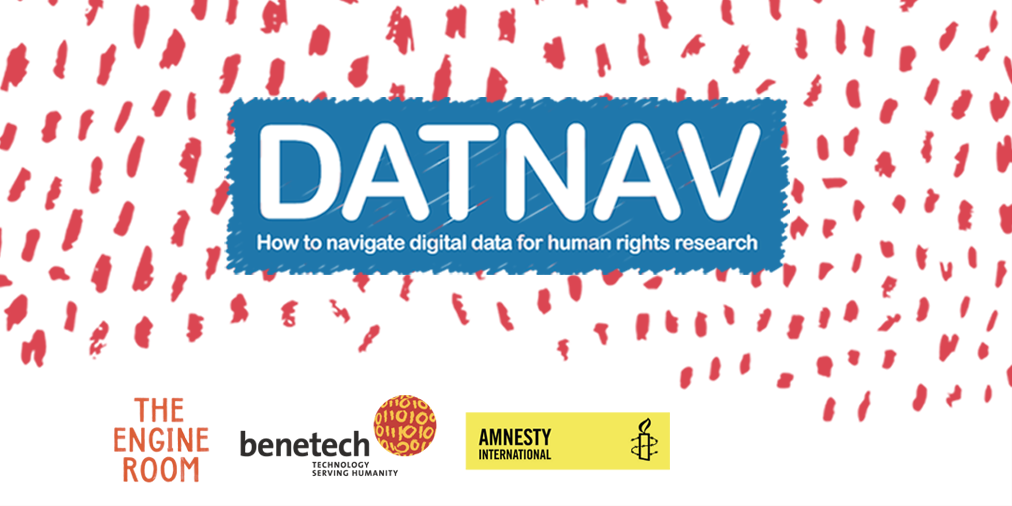What to consider when evaluating or building new technological approaches to data sharing in CVA contexts.
Responsible Data
Report: Biometrics in the humanitarian sector [2023]
In 2022-2023 we took a renewed look at the risks and benefits of biometric collection in the humanitarian sector.
How do we document (and communicate!) our work when there’s so much other work to do?
In the second quarter of this year (April, May, June), we worked with 29 partners from 13 different countries. This post looks at some of the challenges organisations came to us with during this period, and what resources, tips and recommendations we offered them.
Five considerations for humanitarians before designing & adopting chatbots
Last year we kicked off a project examining chatbot use in humanitarian work, with support from the IFRC and UNHCR. In this post, we share some of the key learnings for humanitarian organisations that emerged from our research.
In the humanitarian sector’s search for efficiency, are we falling short?
Over the decade that The Engine Room has been providing support and conducting research, we’ve explored this question of how, in practice, different digital technologies can augment the work of humanitarian organisations.
Kicking off 2023 with a digital decluttering session
The Engine Room held a “digital decluttering fest” to practice the responsible data standards of retention, archival and deletion.
Takeaways from our Community Call on Responsible Data for Social Justice Organisations
In late June, as a part of our work with Ugandan organisation Albinism Umbrella, we hosted a Community Call about Responsible Data. Here are some of the insights that surfaced in the call.
Becoming RAD! Retention, Archiving and Disposal of Data
Developing RAD processes allows organisations to have a responsible and streamlined process for retaining, archiving and deleting data.
Bringing political values into practical tech decisions: learnings from our partnership with FRIDA
We spoke with Ledys Sanjuan, Advocacy, Communications & Tech Manager at the FRIDA Fund.
Responsible data and sustainable platform adoption with Legal Advisory Information Center
Working with the Legal Advisory Information Center (LAIC) to explore ways in which data and technology could give access to justice to underserved communities in South Africa.
10 questions we’re asking about ethics & open source research
Questions and answers from a session held at Rightscon: ‘Using data ethically in humanitarian, human rights, and open source investigations’.
NGOs embrace GDPR, but will it be used against them?
GDPR compliance is an integral part of organisational resilience, and it requires resources and attention from NGO leaders, foundations and regulators to defend their organisations against attempts by governments and corporations to misuse the GDPR against them.
Tools for ethical decision-making with geo-located data
We made these decision trees & case studies with the American Association for the Advancement of Science to help organisations use geo-located data responsibly.
Unpacking ‘informed consent’
Just because someone has signed a form, does that mean they truly understand everything they are agreeing to?
Sharing Data Responsibly: A conversation guide for human rights funders
we’re launching a guide to help funders think about how to have better conversations about responsible data
Reflections on our upcoming Responsible Data conversation guide for human rights funders
Tensions, challenges & ways forward for funders to adopt responsible data collection, storage and sharing practices.
The GDPR is an opportunity for civil society, not just a challenge
Facing each challenge thoughtfully will help us think more clearly about what we’re doing and how we can do things better in future, not just for the GDPR but for our constituents, too.
Our new review on the use of biometric technologies in the humanitarian sector
Our new report outlines the ways biometrics are being used in the humanitarian sector, and reviews the context in which Oxfam is deciding whether (and how) to integrate biometrics into its programmes.
Looking back at 2016 in the Responsible Data community
As the year draws to an end, we’d like to take a moment to celebrate the Responsible Data community, and to take a closer look at all the amazing things that its members have accomplished together this year.
Launching new Responsible Data in Agriculture paper
We’re very happy to share our new paper on Responsible Data in Agriculture, commissioned by Global Open Data in Agriculture and Nutrition (GODAN), and co-authored together with Lindsay Ferris.
DatNav: New Guide to Navigate and Integrate Digital Data in Human Rights Research
Launching DatNav: a guide designed to help you navigate and integrate digital data into your human rights research. DatNav is the result of a collaboration between Amnesty International, Benetech, and The Engine Room which began in late 2015 culminating in an intense four day writing sprint facilitated by Chris Michael and Collaborations for Change in May 2016, […]
Three Tactics for Responsible Data Planning
Following my last post about the ‘Innovative Uses of Technology in HIV Clinical Trials’ event, I wanted to share three tactics for managing responsible data complexity in program design. With a room full of PhDs, Mds, MPHs, MBAs and MScs (and sometimes a combination of several of each), what could the responsible data perspective offer? […]


![Report: Biometrics in the humanitarian sector [2023]](https://ter-staging.engnroom.org/wp-content/uploads/2023/07/Screenshot-2023-12-12-at-11.33.53.jpg)



















